Category: Political Science
-
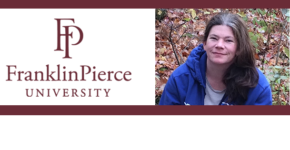
Christina Cliff, Franklin Pierce University – How Conspiracy Theories Have Migrated to the Mainstream
Conspiracy theories are causing a lot of damage, but how did they migrate to the mainstream? Christina Cliff, associate professor of political science and security studies at Franklin Pierce University, looks into this question. Christina Cliff is an associate professor of political science and security studies at Franklin Pierce University in Rindge, N.H., where she…
-
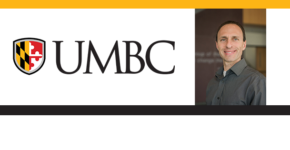
Brian Grodsky, University of Maryland Baltimore County – How Populism Impedes Democracies and Galvanizes Authoritarianism
Populism can function differently when it’s not paired with democracies. Brian Grodsky, chair and professor in the department of political science at the University of Maryland Baltimore County, explains the benefits. Brian Grodsky is a Professor of Comparative Politics at the University of Maryland, Baltimore County. His research interests include democratization, human rights, disaster management,…
-
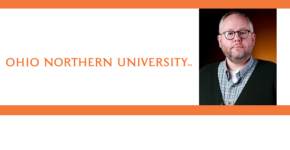
Douglas Dowland, Ohio Northern University – Three Simple Words That Shape a Nation
Politicians use a lot of words when campaigning, but the most meaningful are very simple. Douglas Dowland, associate professor of English at Ohio Northern University, discusses these. Douglas Dowland is associate professor of English at Ohio Northern University, where he teaches a wide array of literature and humanities courses. His book We, Us, and Them…
-

Syeda ShahBono Ijaz, Occidental College – How Foreign Aid Changes Political Behavior
On Occidental College Week: Foreign aid can change political behavior in the country receiving it. Syeda ShahBano Ijaz, assistant professor of global political economy, diplomacy & world affairs, details how. Syeda ShahBano Ijaz is a scholar of the political economy of development with a regional focus on South Asia. Her research, teaching, and public scholarship…
-
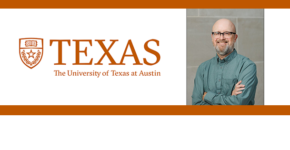
David Spence, University of Texas at Austin – The Misunderstood Politics of the Energy Transition
Who is to blame for slowing the transition to a low carbon energy future? David Spence, Rex G. Baker Chair in Natural Resources Law at the University of Texas School of Law, and Professor of Business, Government & Society at the University of Texas at Austin’s McCombs School of Business, has some ideas. David Spence…
-
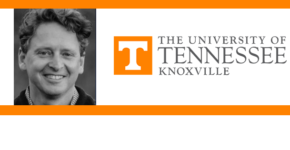
Garriy Shteynberg, University of Tennessee-Knoxville – Sharing Attention Across Societal Divides
Shared attention can be key to bridging the gaps between us in society. Garriy Shteynberg, associate professor of psychology at the University of Tennessee Knoxville, explores. Garriy Shteynberg is an associate professor of psychology at the University of Tennessee, Knoxville. Garriy received his PhD in psychology from the University of Maryland, and a Master’s in…
-

Jason C. Mueller, Kennesaw State University – Unveiling Silent Suffering: The Covert U.S. “War on Terror” in Somalia
U.S. foreign policy and military actions are usually under the microscope, but not always. Jason C. Mueller, assistant professor of sociology at Kennesaw State University, looks into a more covert “war on terror.” Jason C. Mueller is an Assistant Professor of Sociology at Kennesaw State University. Mueller received his Ph.D. in the Department of Sociology…
-

Claire Braaten, Texas A&M University-San Antonio – Dental Radiographs and Unaccompanied Minors
Dental radiographs are used to determine the age of migrant children, but they may not be the best option. Claire Braaten, associate professor of criminology at Texas A&M University-San Antonio, details why. Claire Nolasco Braaten is an associate professor of criminology at Texas A&M University-San Antonio. She obtained her Ph.D. in Criminal Justice from Sam…
-
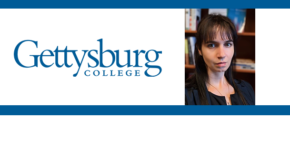
Alauna Safarpour, Gettysburg College – Taking Perspective: Reducing Prejudice in Politics
Reducing prejudice brings many benefits for society. Alauna Safarpour, assistant professor of political science at Gettysburg College, considers how we go about doing so. Dr. Alauna Safarpour is an assistant professor of Political Science at Gettysburg College. Her research interests include race and ethnic politics, prejudice reduction, public opinion, and political participation. Prior to joining…
-
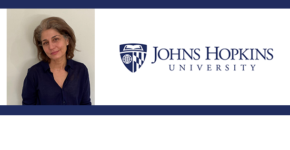
Marjan Ehsassi, Johns Hopkins University – Putting the Public Back in Policy
U.S. citizens don’t feel like they are being heard in politics. Marjan Ehsassi, Berggruen Future of Democracy fellow and research and assistant professor at Johns Hopkins University, details this in an international framework. Dr. Marjan H. Ehsassi is a Berggruen Future of Democracy Fellow (non-resident) and Strategic Director of the Democratic Action Fund. A former…
